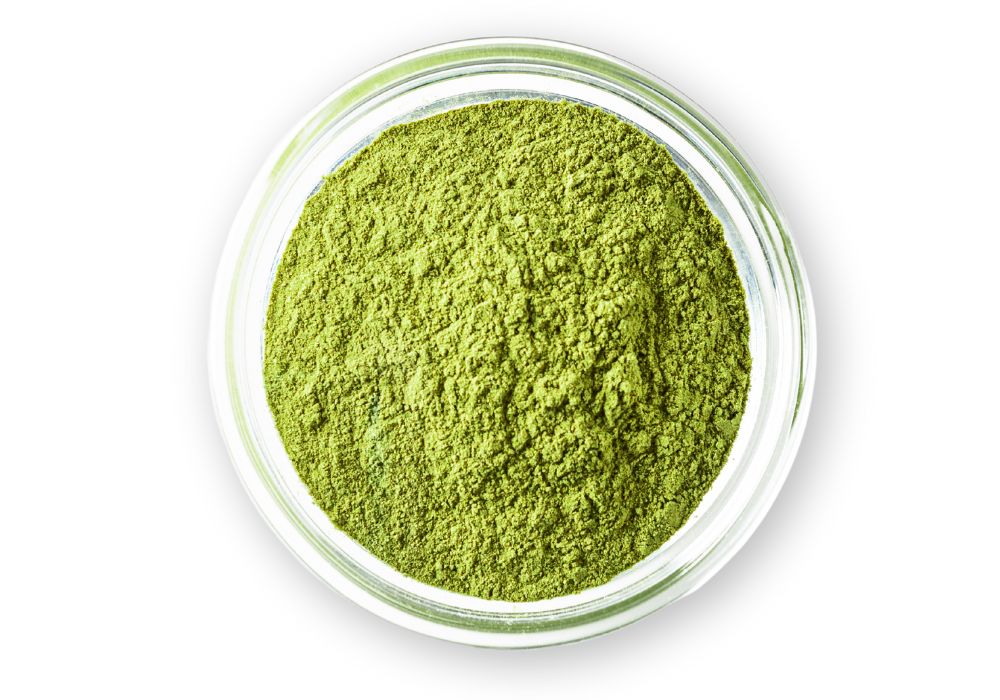How to determine if the kratom you're buying Is safe?Laboratory tests are an important tool for detecting harmful substances and ensuring that the product meets the required quality standards. If you're curious about why testing is essential and what risks untested kratom may pose, read on to learn more.

Key Points:
- Laboratory tests of kratom ensure safety and reveal heavy metals and other contaminants.
- Risky impurities include heavy metals, pesticides, microorganisms, and synthetic substances.
- Tests verify active compounds such as mitragynine and 7-hydroxymitragynine for proper composition.
- Independent laboratories conduct tests for purity, heavy metals, pesticides, and alkaloids.
- Testing of kratom is not yet mandatory, but it is recommended to buy only tested kratom for safety.
Why are laboratory tests of kratom conducted?
Laboratory tests of kratom are performed for several reasons—primarily to check the quality and safety of kratom. The quality of sold kratom can vary significantly due to different conditions during cultivation, harvesting, and processing. Therefore, laboratory tests are essential to ensure that the product does not contain harmful substances and that its composition meets expectations.
Possible contaminants in kratom
Unfortunately, some kratom products may contain substances that should not be present. Common issues include the presence of heavy metals (such as lead, cadmium, arsenic), pesticides, or microorganisms like bacteria and mold. Such contamination can be harmful to health and increase the risk of serious health complications.
Another risk is that some sellers may add synthetic substances to kratom to enhance its effects. These additives can be dangerous, especially if the consumer is unaware that they are part of the product.
Correct compounds and their amounts
Kratom should primarily contain two main active compounds: mitragynine and 7-hydroxymitragynine. Mitragynine is the most prevalent alkaloid in kratom, with its concentration typically ranging from 1% to 2% of the dry weight. 7-hydroxymitragynine occurs in smaller amounts, usually around 0.01% to 0.02%. These compounds are responsible for the effects of kratom, which can be stimulating or relaxing, depending on the dosage.
Laboratory tests help verify that kratom does not contain harmful impurities and has the correct ratio of active compounds, ensuring its safety and efficacy for consumers.
.jpg)
What laboratory tests are necessary?
When testing kratom, several basic types of tests are typically conducted:
-
Purity tests: These examine whether the product contains impurities such as mold, bacteria, or microorganisms. These tests are important because contaminated kratom can cause health issues (in extremely rare cases, even liver problems).
-
Heavy metals tests: Kratom may be contaminated with heavy metals, such as lead, mercury, or cadmium, which can be hazardous. Laboratories measure their levels to determine if they are within a safe range.
-
Pesticides tests: Pesticides are sometimes used in the cultivation of kratom and may remain in the final product. Tests look for traces of these chemicals.
-
Alkaloid content tests: Kratom contains active alkaloids, primarily mitragynine and 7-hydroxymitragynine. Tests verify the concentrations of these compounds, which influence the effects of kratom.
Who conducts kratom testing?
Testing is usually carried out by independent accredited laboratories that specialize in testing plant products and dietary supplements. Kratom growers or distributors often hire these laboratories to certify their products as safe. Any reputable kratom seller typically publishes the results of these tests for their customers.
Quality control is important, but not all sellers adhere to the same level of standards. In some countries, there is no direct regulation of kratom, meaning that sellers are not required to follow strict rules. Therefore, it is crucial to buy kratom from vendors who are transparent and provide laboratory results for their products.
Are the tests reliable and do they reveal everything?
Tests are generally very reliable if conducted in quality accredited laboratories. Independent laboratory tests can detect most harmful substances, but a 100% guarantee of safety can never be given.
Test results may also be affected by how the kratom samples were collected if they are not collected representatively, the test may not reveal all potential issues. Even if a product passes testing, the ratios of compounds or other values may change over time, especially with improper long-term storage of kratom, which can affect its quality and safety.

Why aren't laboratory tests of kratom standard in the EU?
Laboratory tests for kratom are not common in the EU for several reasons. While kratom is popular as an alternative medicine, its legal status varies across the EU, affecting how it is regulated and tested.
-
Legal ambiguities: Different laws apply in various EU countries. In some places, kratom is legal, while in others, it is banned. For example, in France, it cannot be sold, while in the Netherlands and the Czech Republic, it is legal (as of October 2024). Due to these differences, there is no unified testing procedure.
-
Lack of regulation and oversight: There is no European organization that oversees the quality of kratom. Unlike medications or supplements, which have clear regulations, kratom is often sold without stringent controls.
-
Uncertain safety: Scientists have not reached a consensus on whether kratom is safe. Some studies indicate it may help with pain or opioid dependence, while others warn of addiction and toxicity. These uncertainties also obscure the testing process.
-
High costs: Testing kratom for toxic substances or other impurities is expensive. The demand for kratom is not significant enough in the EU to justify the costs of testing.
-
Low public pressure: There is high pressure for quality in other supplements or medications, but this is not yet the case for kratom. The number of kratom users in the EU is not large enough to create a demand for regular testing.
Although kratom testing is not mandatory, everyone should require it. If a seller does not provide laboratory tests, do not purchase from them.
At Kratomit, we have conducted several professional analyses of our kratom and continue to do so regularly to ensure our supplier delivers a consistent product. This is true even though we have worked with this grower for many years and they have always provided us with 100% quality goods.
We conduct tests frequently to offer you excellent, high-quality, pure, and effective kratom. One of our laboratory tests, from a highly regarded laboratory at the University of Chemistry and Technology in Prague, is available here: BAFA_protocol_kratomit.









